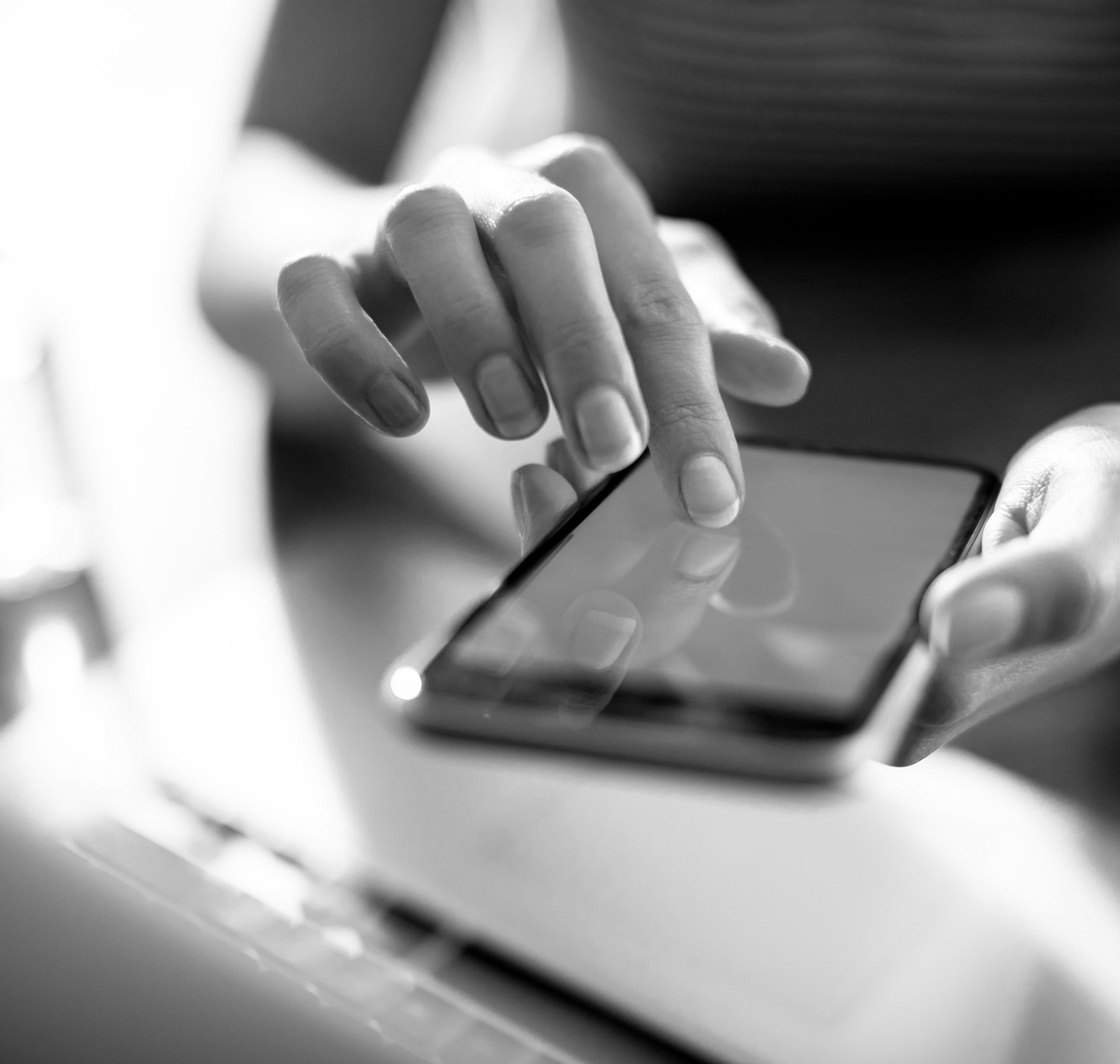
How HIV Testing Works
Getting tested for HIV is a crucial step in taking charge of your health. Knowing your status not only empowers you to make informed decisions but also plays a vital role in stopping the virus’ spread. To raise awareness, National HIV Testing Day is observed annually on June 27—encouraging people to get tested, learn their status, and find care if needed.
Understanding HIV Testing
HIV testing determines whether a person has been infected with the Human Immunodeficiency Virus, which weakens the immune system and can lead to AIDS if left untreated. Early detection allows individuals to begin treatment promptly, which helps them live longer, healthier lives and reduces the chance of transmitting HIV to others.
It’s normal to feel nervous before any medical screening, but HIV testing is a quick, straightforward process. Many tests only require a finger prick or a gentle swab inside your mouth, and results are often ready in about 20 minutes.
Getting tested is a powerful way to take care of your health. If your result is negative, you’ll have peace of mind. If it’s positive, finding out early means you can start treatment right away.
Types of Tests
There are three main types of HIV tests. Each detects the virus at different stages of infection and may use different methods for collecting samples.
- Antibody Tests — These tests look for antibodies your immune system makes in response to HIV. Most at-home and rapid HIV tests fall into this category. They can use blood or oral fluid and typically detect HIV between 23 and 90 days after exposure.
- Antigen/Antibody Tests — These detect both HIV antibodies and the HIV-1 p24 antigen, which appears earlier in infection than antibodies. This type is commonly performed in labs using a blood sample from a vein, but some rapid versions use finger pricks. These tests can typically detect HIV within 18 to 45 days after exposure.
- Nucleic Acid Tests (NATs) — NATs detect the actual virus (RNA) in the blood and are typically used when early infection is suspected. These tests can detect HIV as early as 10 to 33 days after exposure but are more expensive and not usually used for routine screening.
HIV testing is private, respectful, and often free. Testing is available in many settings, including clinics, doctor’s offices, and even at home. Many clinics and community programs are designed to make the experience comfortable and judgment-free, so you feel supported every step of the way.
Testing typically includes:
- Pre-test discussion — Providers may offer information about the test and answer any questions.
- Sample collection — Depending on the test, this might involve a blood draw, finger stick, or oral fluid swab.
- Diagnosis — Some rapid tests give results in 20 minutes, while lab tests may take a few days.
- Post-test counseling — Regardless of the outcome, providers offer support and information on next steps.

Why HIV Testing Matters
Getting tested helps both individuals and communities in several key ways:
- Early detection allows people with HIV to start treatment quickly. Antiretroviral therapy (ART) can reduce the virus to undetectable levels, which protects their health and prevents transmission to others.
- Stopping transmission is one of the most important public health outcomes of testing. People who know they have HIV are far less likely to spread it, especially if they’re in treatment.
- Testing helps health departments track where services are needed most and allocate resources effectively.
Understanding how HIV testing works, and actually getting tested, is a simple but powerful way to protect your health and the health of others. With accurate tests widely available, early detection and treatment are more accessible than ever. On National HIV Testing Day and every day, knowing your status is the first step toward a healthy future.
HIV Testing and Support with AltaMed
If you’re looking for free HIV testing, AltaMed can help. We offer confidential, compassionate care throughout Southern California, including HIV testing, prevention, and treatment services. To schedule an appointment, visit our HIV Services page or call us at (888) 499-9303.


